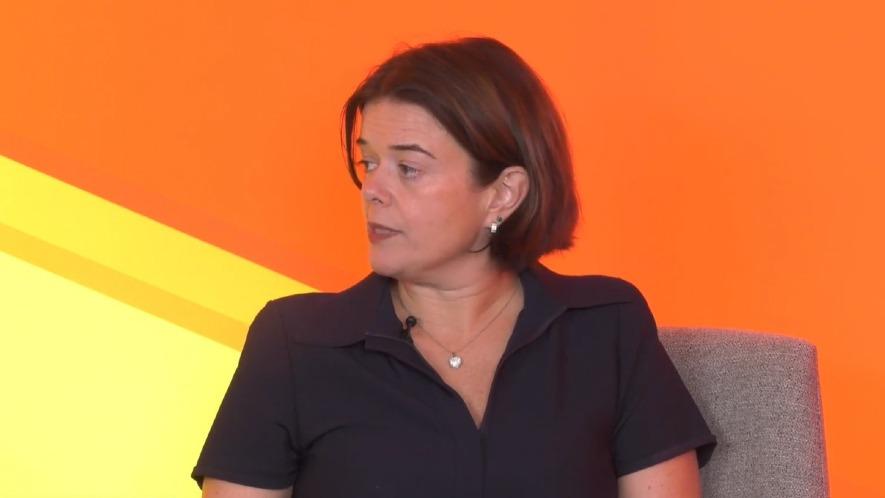In the May Tax Briefing, Patricia Muscat, Director at PwC, and Zac Correia, a partner in the Tax Reporting and Innovation team, led a compelling discussion on the role of data and technology in modernising tax functions. PwC’s recent Reframing Tax survey indicated that 41% of tax professionals are prioritising effective data usage as a precursor to implementing new technologies like generative AI — underscoring the importance of integrating data and technology into contemporary tax practices.
The briefing addressed recent developments in Australian tax, noting a quiet period following the federal election with no new legislation. The Australian Taxation Office (ATO) released an updated version of the supplementary annual GST return for large businesses, which includes questions about actions taken on ATO recommendations and material changes to GST governance. The Administrative Review Tribunal’s decision in the Alcoa transfer pricing matter was discussed, highlighting the complexities of non-arm’s length conditions in the context of the old transfer pricing law in Australia. Additionally, the Productivity Commission launched an inquiry aimed at reforming the corporate tax regime to attract foreign capital and improve labour productivity. The briefing also touched on state budget updates and potential impacts of US tax proposals on Australian taxpayers.
The panel discussion featured insights from Georgie Hockings, Managing Director in the International Tax team, Dan Levin, a Tax Technology partner at PwC, and Gilbert Dias, Senior Tax Manager at Origin Energy. They emphasised the increasing compliance burden on large taxpayers and the potential of technology to create efficiencies and streamline tax functions. Gilbert shared his experiences in automating processes, highlighting the importance of starting early and collaborating with finance and IT departments. The panel discussed the challenges of accessing data within organisations, particularly non-financial and unstructured data, and the need for consistency in global reporting.
The discussion on technology in the tax function explored the differences between automation, AI, and generative AI. Dan and Zac explained that automation encompasses various technologies to reduce human effort, while AI includes machine learning and generative AI, which uses diverse data sets for detailed tax advice and reports. Gilbert shared his focus on using widely available tools for small automation and leveraging generative AI for tasks like drafting emails and researching tax provisions. The panel highlighted the importance of getting data right from the source and the trend towards centralisation and deduplication of processes within organisations.
The briefing concluded with insights on avoiding pitfalls in technology implementation, emphasising the importance of data quality, change management, and measuring return on investment. The panel shared their predictions for the future of technology in tax functions, including the potential for a unified platform for tax compliance, the rise of AI agents, and changes in the skill sets required for tax professionals.
As an added bonus to the session, Theo Denovan, Australian Tax & Legal AI leader sat down with Scott McLiver, PwC’s AsiaPac Gen AI leader, to discuss the adoption of AI tools and the importance of executive education in driving technology change.
You can watch this virtual event on demand now.
Contact us






James O'Reilly
Partner, Brisbane Tax Leader & Global Energy, Utilities and Mining Tax Leader, PwC Australia























